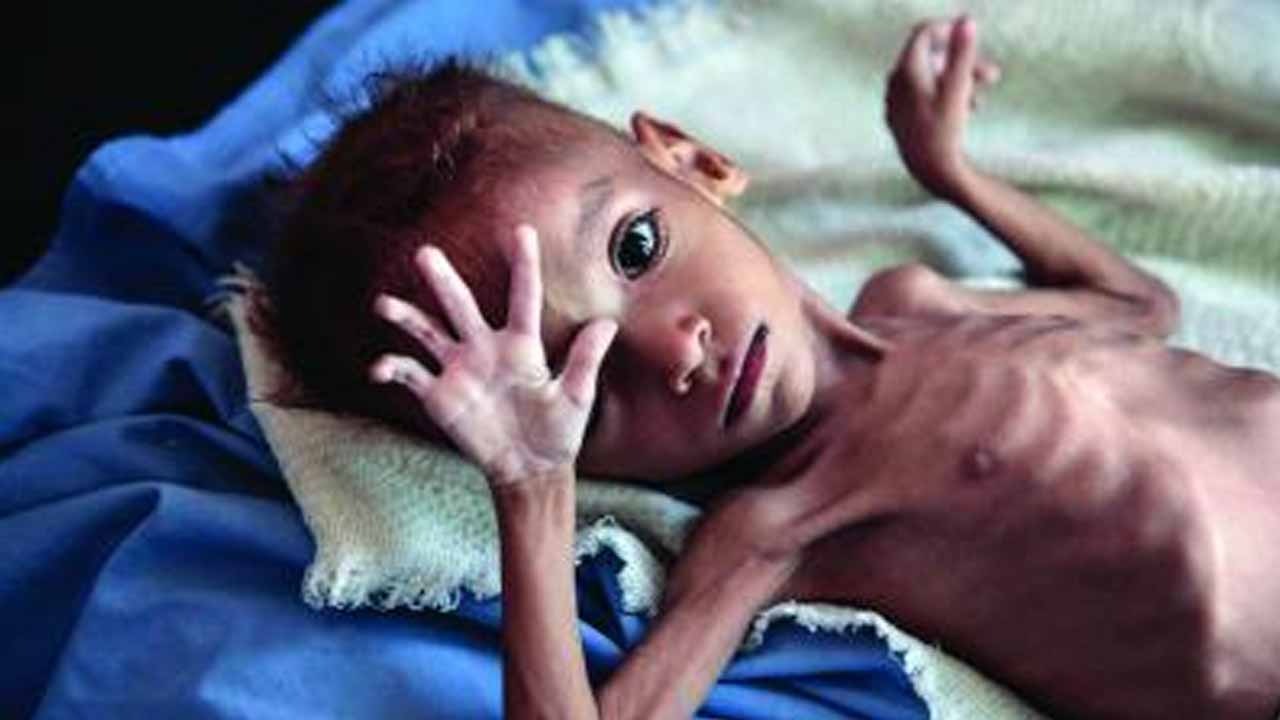Malnutrition means undernutrition, insufficient intake of vitamins and minerals, being undernourished. There are about 189.2 million people undernourished in India, the majority of whom are women and children. Malnutrition makes the body week and the person gets frequently ill. Because of inadequate intake of essential nutrients and vitamins, the body's immune system gets weakened and predisposed the body to various kinds of infections. Thus, individuals with malnutrition are at high risk of getting infected with the current pandemic and so is happening also.
Increasing malnutrition because of pandemic
On the other hand, pandemic itself is one of the major indirect reasons for aggravating malnutrition. Pandemic has caused many challenges in the form of unemployment, dearness, restricted mobility, and limited healthcare services. According to the government report, 4.1 million Indians have lost their job during the pandemic period. All these reasons make vulnerable classes devoid of basic requirements like access to healthy food and make them more helpless. According to government figures of 2015-2016, 22.9% of women in the 15-29 age group are underweight whereas in men it is 20.2%.
The pandemic has affected India's food security landscape: availability, accessibility, stability, and utility. This can further increase the problem of malnutrition in women and children.
Healthcare and pandemic
The lower class and vulnerable group are highly relying on government services, especially for education and health. Pandemic has brought disruptions in healthcare services both in the private and public sectors. As per the study, there is an increase in the number of deaths of children aged under 5 years due to the most significant contributor, malnutrition. In the current scenario, maternal death has taken a sharp spike.
The 2020 global nutrition report says, "the distribution of nutrition professionals was not equitable, even before the pandemic. The global median is 2.3 nutrition professionals for 1,00,000 people while in Africa it is 0.9 and, in some countries, have none. Disruptions to already inequitable health and nutrition services will be deepened by the social and economic effects of COVID 19.
What we can do
Promote vaccination drive. The vaccine is very much essential and decreases the severity of infection.
Continue to provide basic primary healthcare to the vulnerable groups including immunization of infants and basic minerals and vitamins supplements to the mother.
Strengthening local supply chains of fruits and vegetables having reasonable prices to increase access to healthy food.
Mid-day school meals that are being given in school should be fortified with vitamins and minerals as soon as the school reopens.
Create and spread awareness regarding health and hygiene advice and pandemic protocols.

 The pandemic is exacerbating malnutrition in vulnerable groups and malnutrition itself is one of the prime reasons for COVID infection
The pandemic is exacerbating malnutrition in vulnerable groups and malnutrition itself is one of the prime reasons for COVID infection










.jpeg)

.jpg)







.jpeg)



.jpg)


.jpg)




.jpg)


